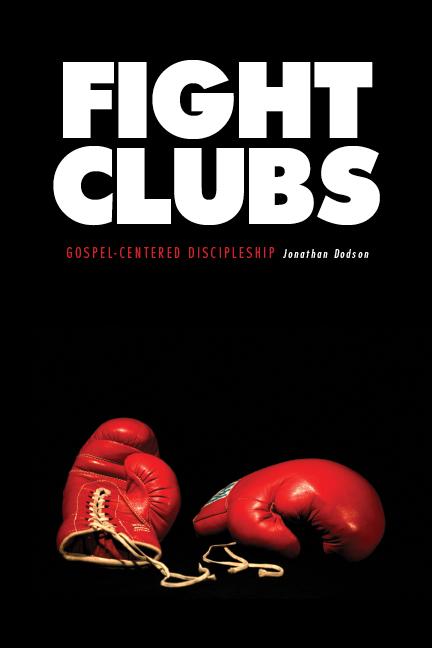 In case you don’t know, in an unexpected show of cooperation the Burmese Junta let John Yettaw go. Yettaw swam a Burmese river to warn Nobel Peace Prize winner and Democratic leader, Suu Kyi, of an impending assassination attempt. Does anyone have any idea who this Mormon Yettaw guy is anyway? CIA? MI-5? Regardless, he exacerbated the situation. Suu Kyi’s almost 20 year house arrest was extended, with the charge of “attempting to escape.” Yeah, right. And who could blame her if she did!
In case you don’t know, in an unexpected show of cooperation the Burmese Junta let John Yettaw go. Yettaw swam a Burmese river to warn Nobel Peace Prize winner and Democratic leader, Suu Kyi, of an impending assassination attempt. Does anyone have any idea who this Mormon Yettaw guy is anyway? CIA? MI-5? Regardless, he exacerbated the situation. Suu Kyi’s almost 20 year house arrest was extended, with the charge of “attempting to escape.” Yeah, right. And who could blame her if she did!
Senator Webb negotiated Yettaw’s release. Perhaps this will open doors for US to work the diplomatic angle to get Suu Kyi released. It’s atrocious how she has been treated. Here’s what Webb had to say on the matter:
“I am not going to apologise for the actions that he took but I believe that it was a good gesture from your government to our country to allow him to return home to his family for humanitarian reasons”
Pray for her release. Pray for oppressed peoples of Burma. Lord have mercy!


